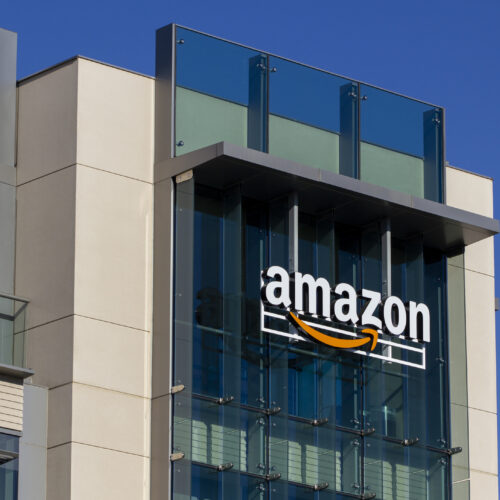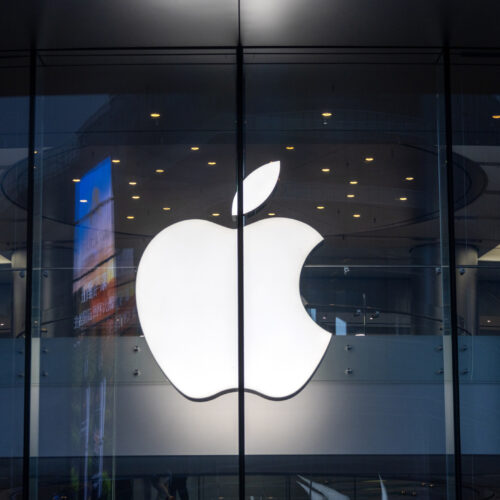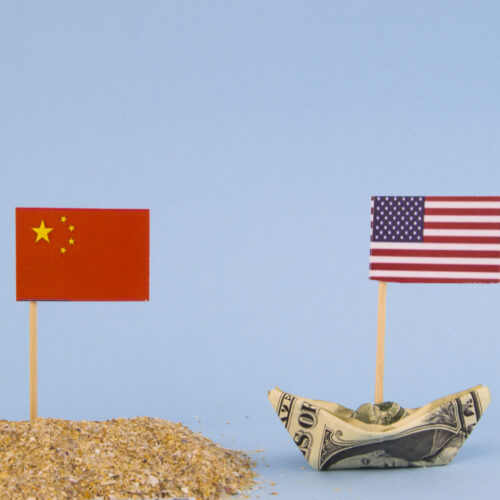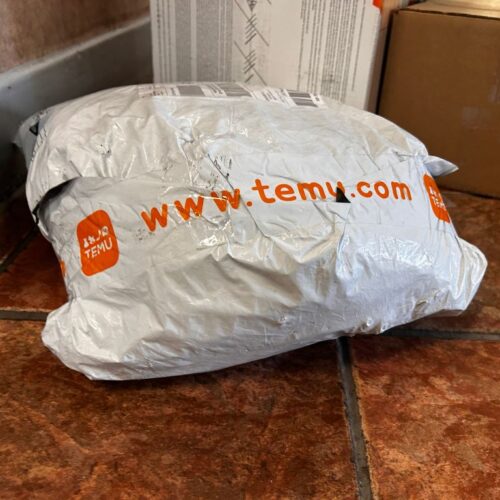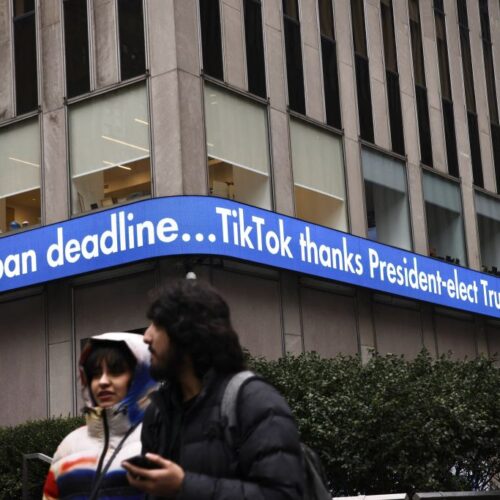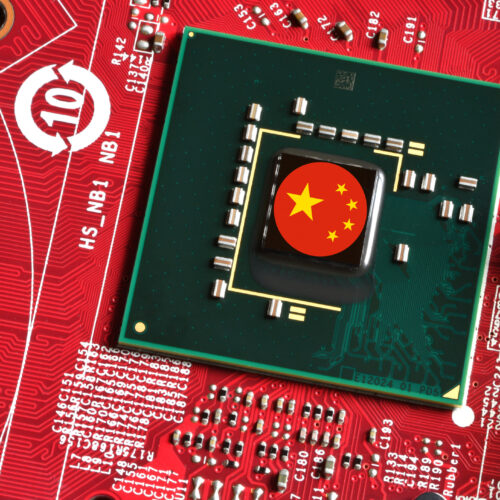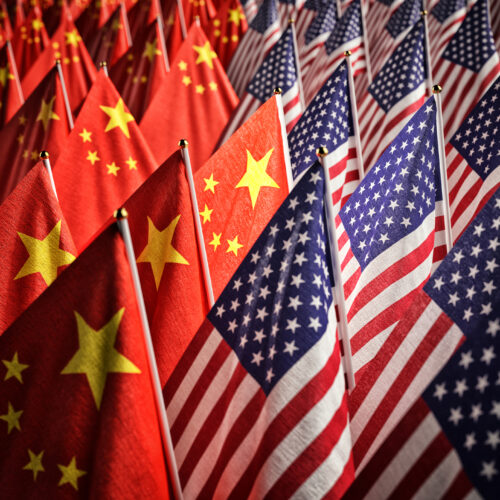Trump tariffs could make Americans pay $123B more annually for 10 common gadgets
China has finally agreed to open negotiations with the Trump administration as the tech industry warns that tariffs could soon spike Americans' costs for the 10 most popular consumer technology products by more than $123 billion annually.
On Wednesday, the Chinese Embassy in the US announced on X (formerly Twitter) that "China’s lead on China-US economic and trade affairs," He Lifeng, will meet with US Treasury Secretary Scott Bessent from May 9 to 12 to open talks. For those talks to go smoothly, China's Ministry of Commerce told reporters Wednesday, the US must "demonstrate sincerity" and come ready to "correct its wrongdoings," including facing "the severe negative impacts of its unilateral tariff measures on itself and the world."
Previously, China had demanded that President Trump drop all tariffs to begin negotiations, which Trump refused while seemingly holding out on making a deal on TikTok to keep the potential bargaining chip.


© J Studios | DigitalVision

